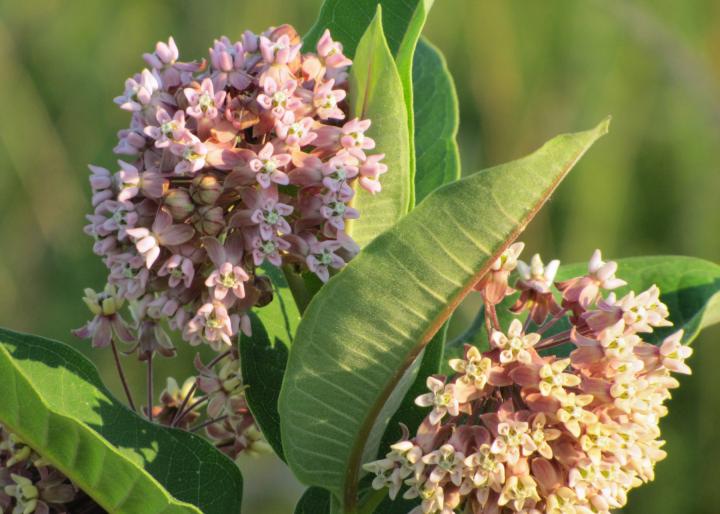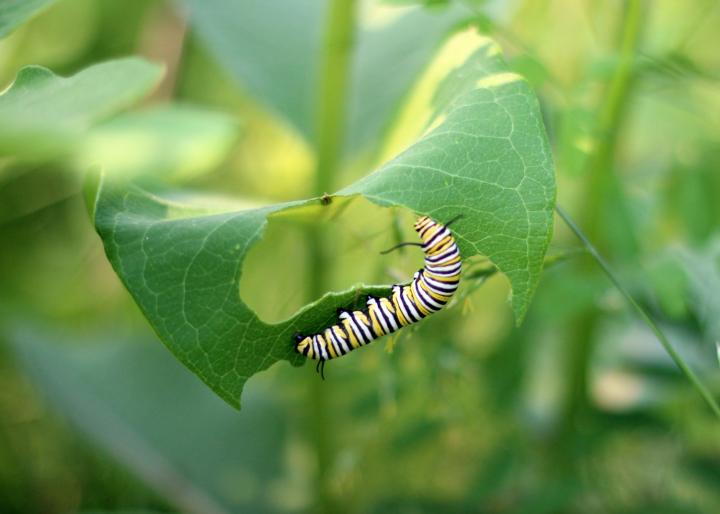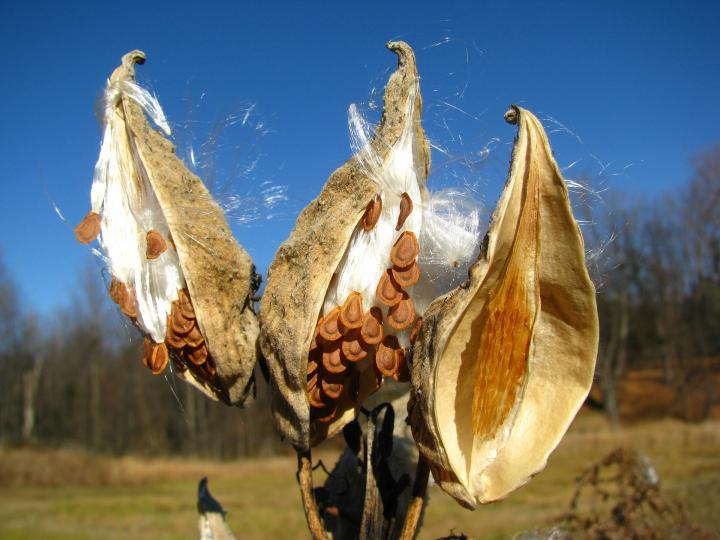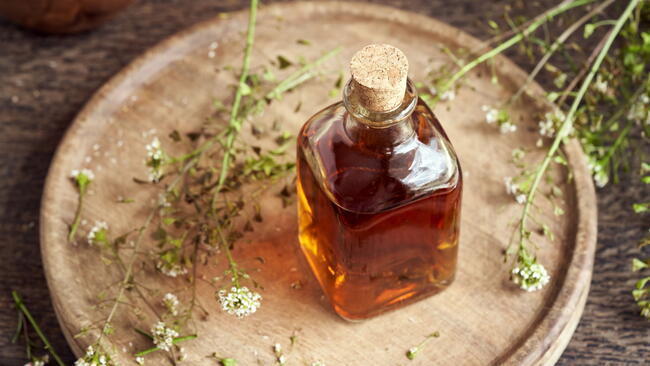Primary Image

Photo Credit
Seney National Wildlife Refuge
Learn About Milkweed—an Important Native Plant!
More Like This
When the pods mature and open, try tossing the fluff into the wind as a fun game for your dog - mine loves it! Bonus: it does help to spread it as well because that’s how nature does it.
Although I love, respect and value Milkweed (we’ve planted it around our state for over 40 years), I would be hesitant to eat it unless with a true university expert. Because I’m a longtime ’simpler’ (creating medicines from local plants), I’ve learned that extreme caution with foraged/natural plants is the best practice.
Excellent article - enjoyed every word.
I grow Milkweed in my back yard... 3 yrs now. The 1st ones had orange flowers & were short. The second yr they roamed a bit, came up in a different spot... some orange, some pinkish-mroon in color. This year... very tall, roamed lots more, no orange flowers at all... only the others. Kinda strange!
Milkweed grows in our gardens. We do not grow it. We only discourage it in inconvenient places. We love the aroma when it blooms. As our gardens are fairly wild (Survival of the fittest and all) it fits in with all the pollinators. Also a long with the sunflowers it attracts goldfinches late in the summer.
Thanks for the milkweed seed info; (I live in Conn.) Common milkweed seeds grow well in just average soil. Scratch milkweed seeds directly into the soil in the fall. The following summer, seedlings will emerge. Glad to read Milkweed is Native to USA~ty
I grow milkweed in my garden. For several years it didn’t do well. It would die before making seed pods. This year it’s beautiful and vigorous. I saw one monarch and one fritillary. I love the fragrance and all the insect activity.
I would like to know how to store the milkweed sap for warts and such in small amounts and how long will it be effective
How to store up for winter as a salve
We used to take the tips of the milkweed and boil them slightly. Then drain them. After patting them dry we would do like a stir fry with butter in a frying pan with them. They would kind of taste like green beans.
I'm wondering where to buy "pure" milkweed seeds. After reading the comment below about the seeds not being organic and free from pesticides I have to ask where can I buy some now?I don't live in the country (although I'd like to! I married such a city boy!) nor do I know anyone who does.
Thank you!
Non GMO seeds may be purchased online at www.bentlyseeds.com
- « Previous
- 1
- 2
- …
- 10
- Next »












Comments